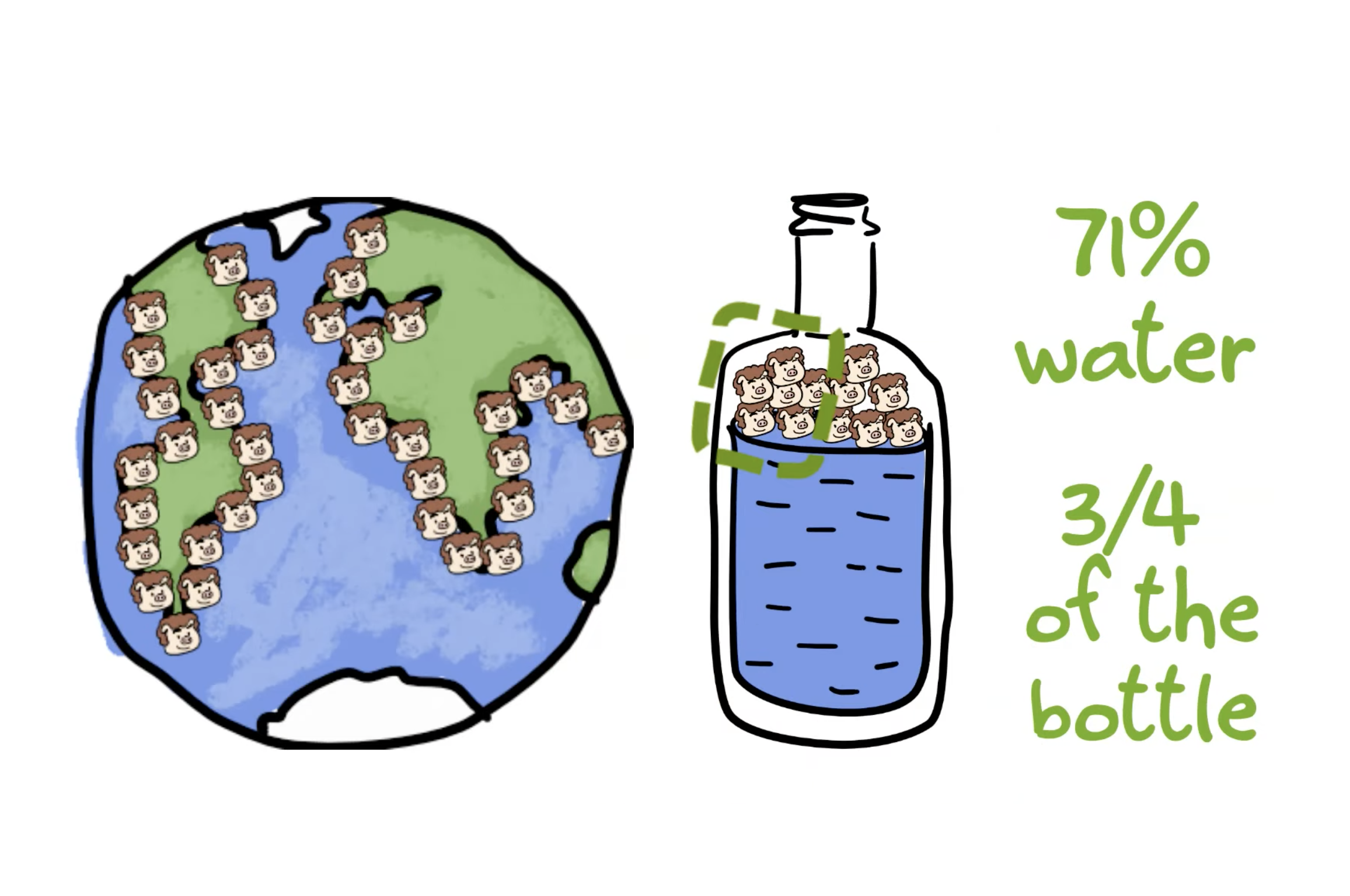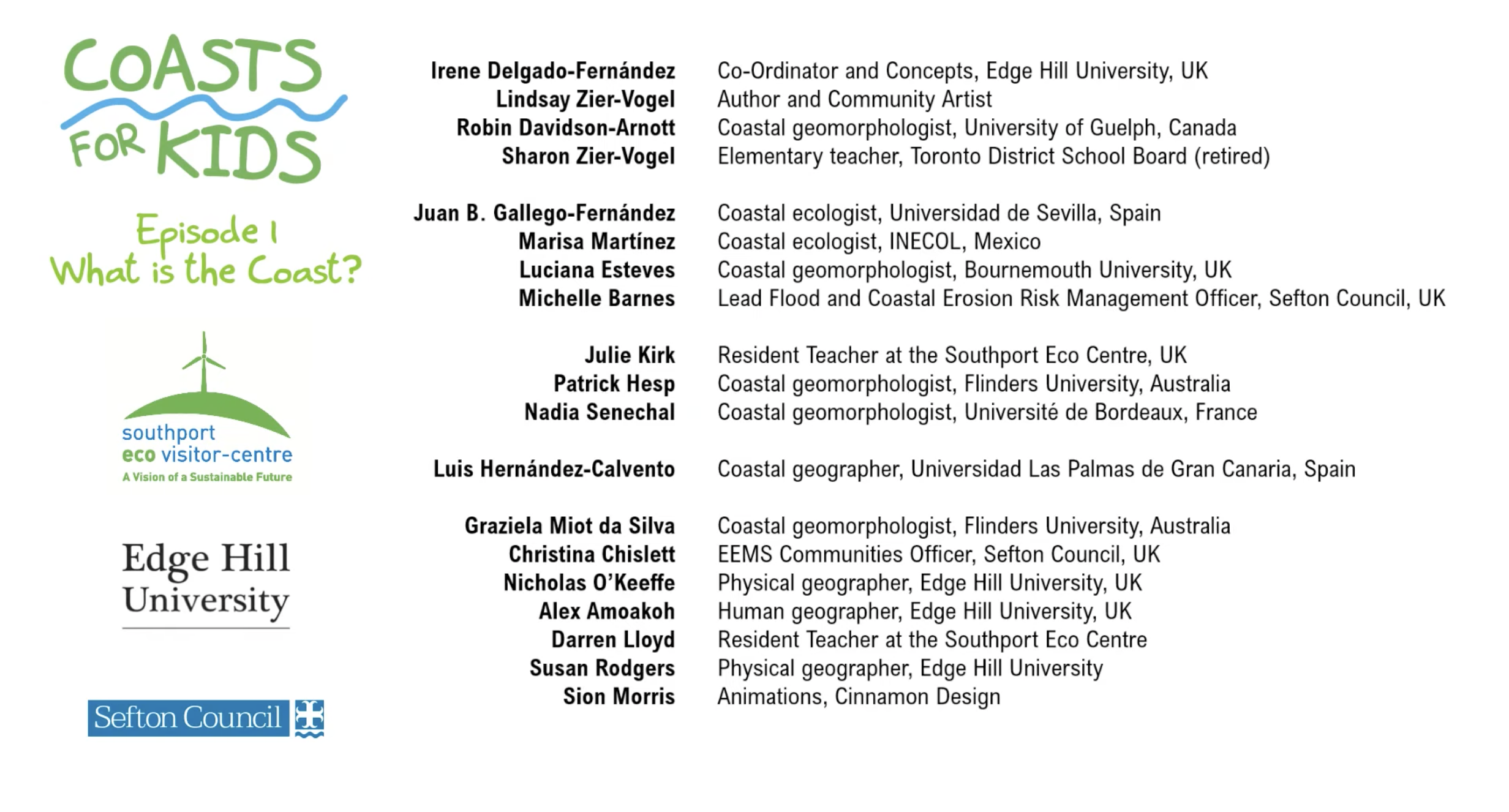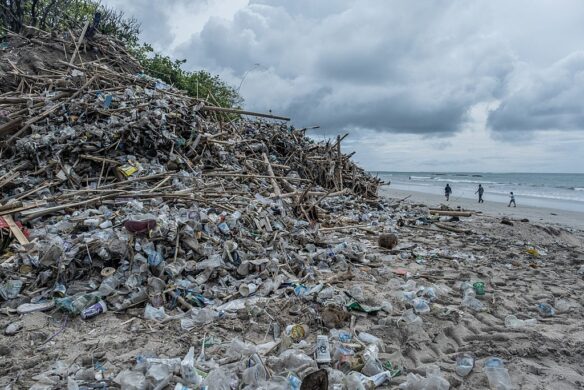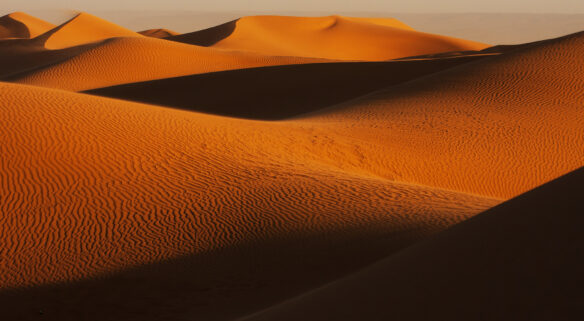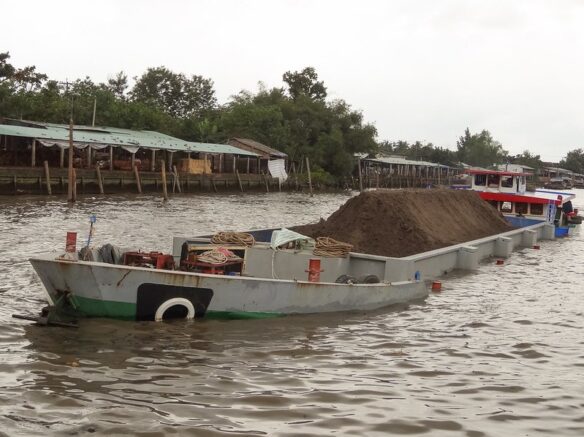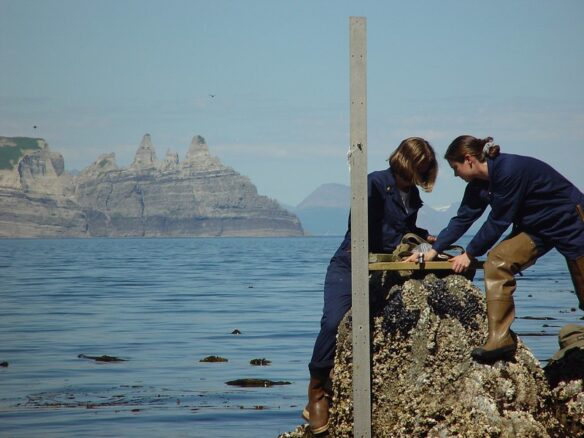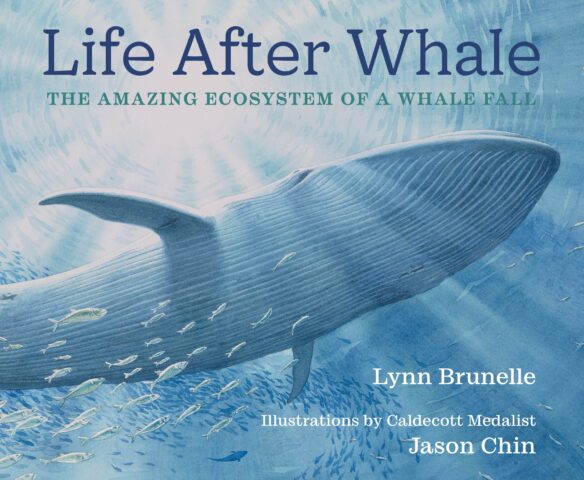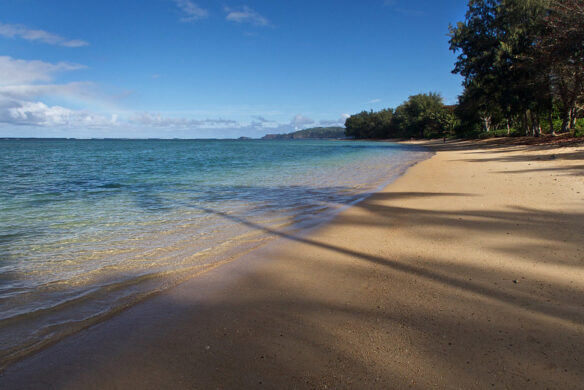Excerpt:
The ‘Coasts for Kids’ animations is a young kids and family-friendly video series for all ages to learn why coasts are important, how do beaches and dunes work, how do people affect them, and what can we do about it. The episodes cover KS2 educational and environmental messages allowing everyone to understand, enjoy, and care for our coasts…
For more information and resources visit
Episode 1: What is the Coast?
Excerpt: ‘Coasts’ are defined, and their significance for biodiversity, resources, and well-being are illustrated…
The impact of increasing population densities around the worlds’ coastlines, and the pressure people can exert on coastal environments is explained and global concerns such as storminess and rising sea levels introduce kids to coastal squeeze, erosion, and flooding.
Episode 2: Our Coasts Are Moving
Excerpt: A simplified version of sandy coastline response to storms is illustrated to provide a basic understanding of coastal morphodynamics….
Storm surges are explained and Bar and Dune-protecting Superheroes…elaborate on sandy coastlines, natural defence mechanisms against big waves, and the capacity to rebuild themselves following storms.
Episode 3: Our Coasts are Connected
Excerpt: Introduction to the processes operating at the regional scale.
Various coastal environments (e.g., cliffs, marshes, etc.) and the way in which the sea connects them in extensive coastal networks is illustrated.
Concepts such as sediment and longshore drift are explained
Episode 4: How Do People Affect the Coast?
Excerpt: Children are encouraged to think critically and develop their understanding of human impacts at various temporal and spatial scales, including coastal squeeze, flooding, erosion, and more.
Episode 5: We Need to Plan
Excerpt: Several key coastal management concepts are explained as well as the benefits of understanding that coastal areas are dynamic systems when it comes to coastal planning.
The series closes with brief references to coastal engineering, coastal communities, and the importance of local conditions and biodiversity.

